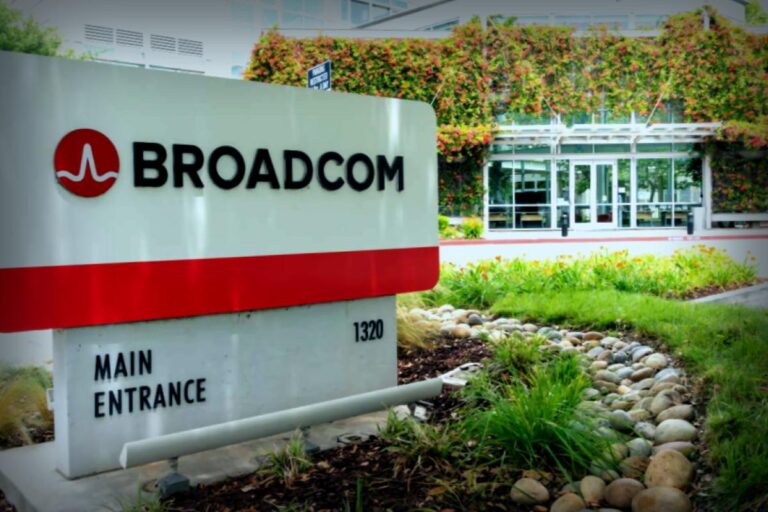Henry Blodget, who made a name for himself as a tech analyst during the internet boom in the late ’90s, is sounding the alarm about the current surge in artificial intelligence. He’s drawing some interesting parallels between the today’s excitement around AI and the bubbly days of internet stocks before the crash, as he discusses in his Substack post.
Blodget points out that a whopping investment of over $400 billion in infrastructure this year is driving this growth, pushing up the valuations of major players like Nvidia and bringing equity markets close to historic highs seen during the dot-com bubble.
He warns, however, that even though the internet revolutionized our lives, the aftermath of that ’90s bubble crippled many companies, leaving even the strongest topsy-turvy. In a similar vein, today’s hefty investments in AI might have far-reaching consequences in case of a downturn, potentially impacting sectors not just limited to tech but also on commercial real estate and startups.
Related:OpenAI’s Sam Altman: Older Workers Must Adapt to AI or Risk Job Loss
Blodget does highlight differences from the dot-com era; significant portions of today’s AI investments are private. This shift may shield retail investors somewhat in the event of a bust. Moreover, many initiatives are funded through the cash flows of tech titans as opposed to debt.
Predicting when the bubble will pop is uncertain, yet Blodget feels confident about its existence. He sees red flags in overvalued companies, fast capital movements, and unfulfilled profitability—the hallmark signs reminding one of the late ’90s.
Even figures like Sam Altman at OpenAI are mentioning the risk of an inflated bubble in AI. However, history shows us that in a market shakeup, some players thrive while others flounder.
Blodget brings up how companies such as Barnes & Noble and Walmart initially underestimated the internet and struggled to catch up to Amazon once it took off. Executives that ignored the potential of e-commerce faced significant consequences.
He emphasizes that, “Before a bubble bursts, it’s all balloons and fireworks,” suggesting that these prosperous times can stretch on for years. Thus, if your strategy is to simply sit back and watch the current AI frenzy, you might want to think again about the opportunity risk you’re taking—the risk of not participating while others zoom ahead.



















